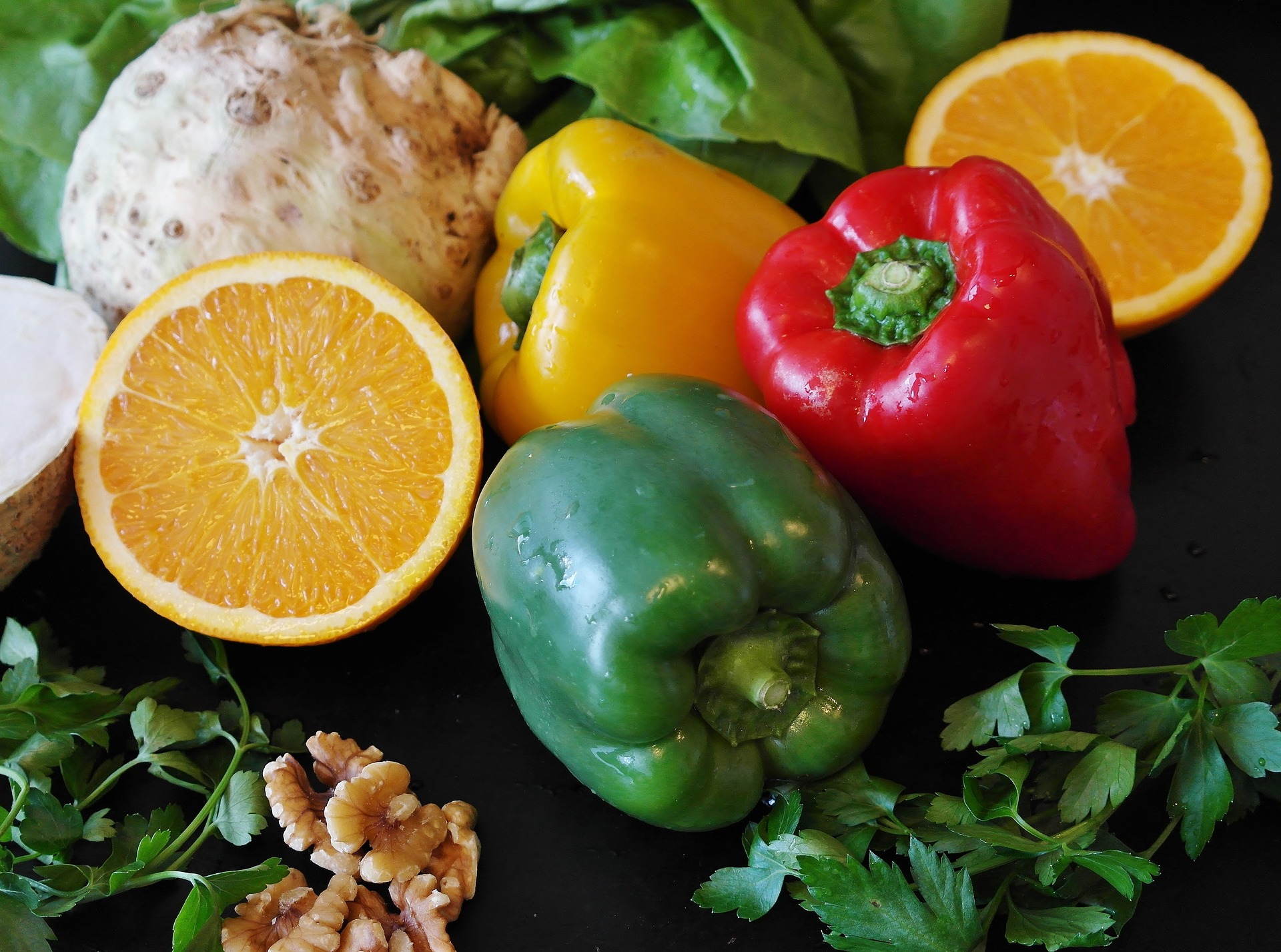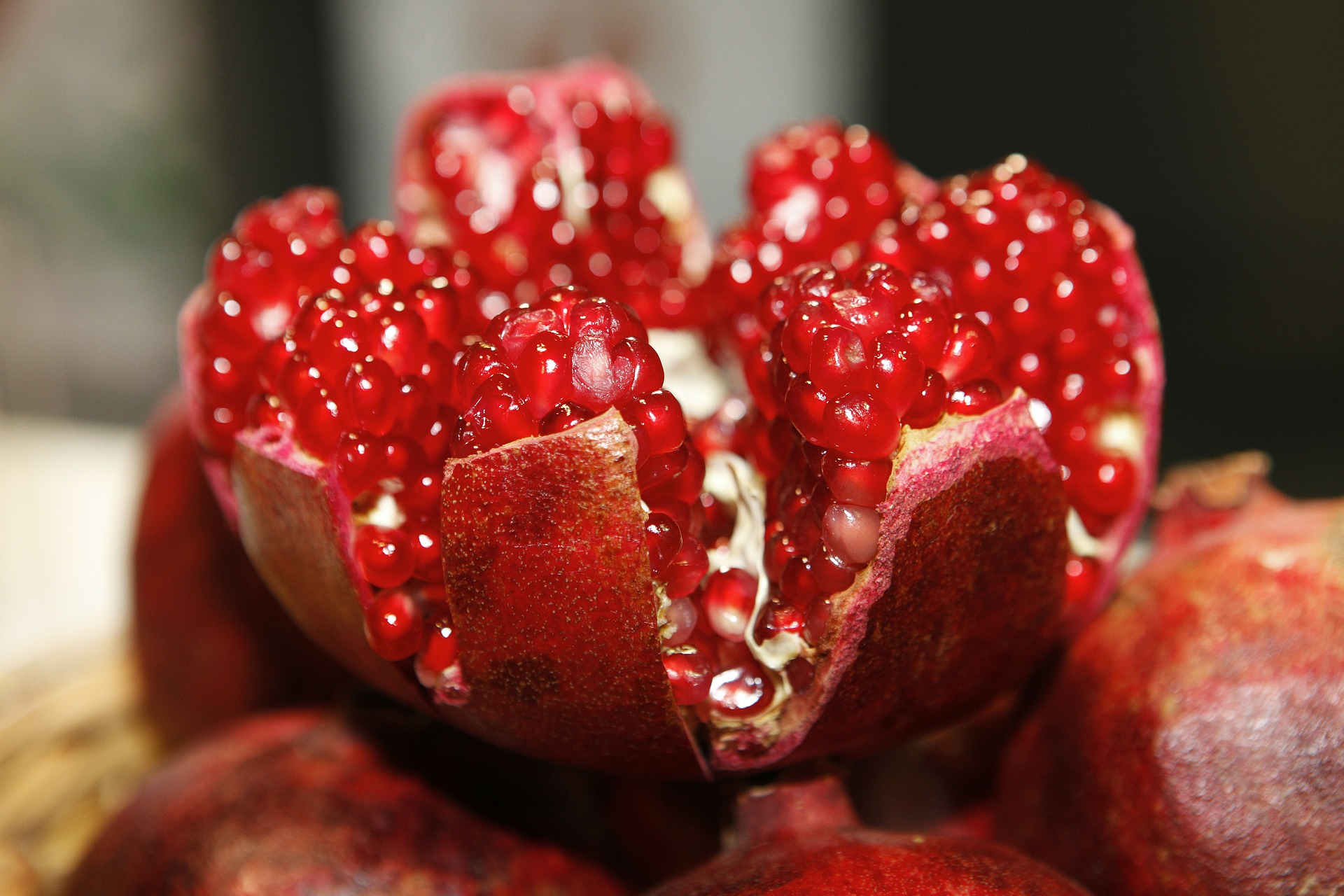Health benefits of fruits and vegetables
Fruits and vegetables should be an important part of your daily diet. They are natural and contain vitamins and minerals that can help you to stay healthy. They can also help protect against certain infections. There are many types of fruits and vegetables available and many ways to prepare and serve them. You should eat at least five vegetables and two fruits each day. Choose different colors and varieties. Most vegetables are naturally low in fat and calories. The healthiest fruits include blueberries, bananas, avocados, and citrus fruits. The healthiest vegetables include kale, spinach, carrots, and sweet potatoes. Fruits and vegetables are healthy because they are rich in vitamins, minerals, and phytochemicals.
Vitamins and minerals in fruit and vegetables
Fruits and vegetables contain many vitamins and minerals that are good for your health. These include vitamins A (beta-carotene), C and E, magnesium, zinc, phosphorus and folic acid. Vegetables are an important source of many nutrients, including potassium, dietary fiber, folate, vitamin A, and vitamin C. Potassium-rich foods can help maintain a healthy blood pressure. Folic acid may lower blood pressure. -homocysteine, a potentially harmful substance. risk of heart disease. They are an excellent source of dietary fiber, which can help keep your intestines healthy and prevent constipation and other digestive problems.
Fruit and vegetables for good health and their benefits
Low-fat fruits and vegetables, salt and sugar. They are a good source of dietary fiber. As part of a healthy, regular diet and a healthy, active lifestyle, eating more fruits and vegetables can help you to:
1. Reduce obesity and maintain a healthy weight
Eating non-starchy vegetables and fruits like apples, pears, and green leafy vegetables may even promote weight loss
2. Lower your cholesterol
A diet rich in fruits and vegetables can increase the amount of cholesterol in your diet. These compounds, called plant stanols or sterols, act as soluble fiber. Eat fish that are high in omega-3.5 fats.
3. Reduce the risk of cardiovascular disease
Although almost all fruits and vegetables contributed to this benefit, green leafy vegetables, such as lettuce, spinach, Swiss chard, and mustard greens, were strongly associated with reduced risk of heart disease. Cruciferous vegetables such as broccoli, cauliflower, cabbage, Brussels sprouts, and kale; and citrus fruits such as oranges, lemons, limes, and grapefruit (and their juice) also played an important role.
4. Cancer
A high-fat diet may reduce the risk of stomach and lung cancer. Eating vegetables containing carotenoids, such as carrots, Brussels sprouts, and squash, may reduce the risk of lung, mouth, pharynx, and throat cancers. Eating well can help you prevent and overcome cancer in a variety of ways. In particular, cruciferous vegetables, such as broccoli, cabbage, collards and watercress, have been linked to reducing the risk of cancer.
5. Vision
Eating fruits and vegetables can also keep your eyes healthy, and it may help prevent two common eye diseases associated with aging.
6. Diabetes
Consumption of raw vegetables and fruits was associated with a lower risk of diabetes. Vegetables and fruits, especially berries, can reduce the risk of type 2 diabetes.
7. Gastrointestinal health
Fruits and vegetables contain fiber that is digested, which absorbs water and increases as it passes through the digestive system. This can alleviate the symptoms of an irritated abscess and, by causing normal bowel movements, may relieve or prevent constipation.
Some simple ways to serve fruits and vegetables include:
- Fruit and vegetable salads
- Vegetables or fried meat and vegetables
- Raw fruits and vegetables
- Vegetable soups
- Snack pack, canned or canned fruit or dried fruit.llium – onion, garlic and shallot
Written by: Saira Shahzadi



